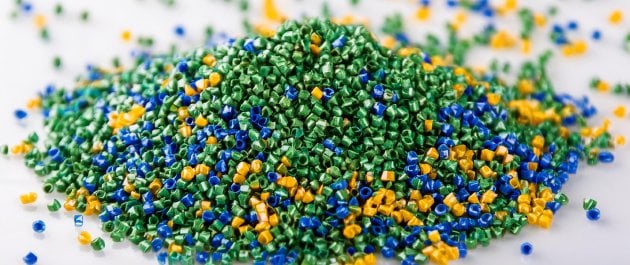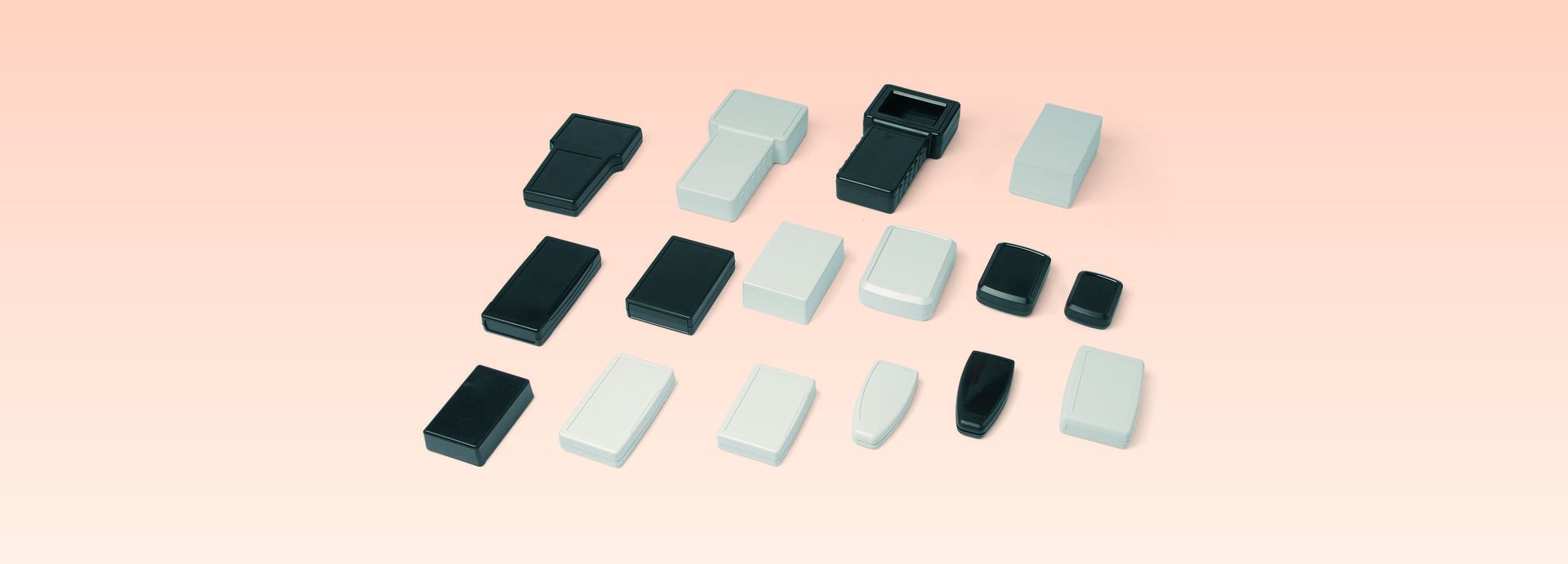The Cornerstone of Inoovative Designs For Manufacturing
Plastic materials are widely used in the manufacturing of electronic enclosures due to their versatility, durability, and cost-effectiveness. Among the various plastic options, Acrylonitrile Butadiene Styrene (ABS) and Polycarbonate (PC) are notable choices. This technical document explores the key characteristics of these plastics, their benefits, and how they can enhance your enclosure purchases.
Overview of Plastic Materials
Plastics are synthetic materials made from polymers that can be molded into various shapes and forms. Known for their lightweight nature, ease of fabrication, and excellent insulation properties, plastics are ideal for electronic enclosures. Different types of plastics offer unique properties that make them suitable for specific applications.
Key Characteristics of Common Plastic Materials
Acrylonitrile Butadiene Styrene (ABS):
- High Impact Resistance: ABS is known for its exceptional impact resistance, making it ideal for protecting electronic components from accidental drops and shocks.
- Mechanical Strength: The material exhibits high tensile strength and stiffness, ensuring that enclosures maintain their shape and structural integrity.
- Chemical Resistance: ABS offers good resistance to various chemicals.
- Thermal Stability: ABS can withstand high temperatures, ensuring functionality in varying temperature conditions.
- Ease of Fabrication: ABS is easy to mold and fabricate, allowing for intricate designs and complex shapes.
- Aesthetic Appeal: ABS can be easily colored and finished, offering a wide range of aesthetic options.
Polycarbonate (PC):
- High Impact Resistance: PC is renowned for its exceptional impact resistance, providing robust protection for electronic components.
- Transparency: PC is highly transparent, allowing for the visibility of enclosed components or displays.
- Mechanical Strength: The material exhibits high tensile strength and rigidity, ensuring that enclosures maintain their structural integrity.
- Thermal Stability: PC can withstand high temperatures.
- Chemical Resistance: PC offers good resistance to a variety of chemicals.
- UV Resistance: PC has inherent UV resistance, making it suitable for outdoor applications.
Polyethylene (PE):
- Flexibility: PE is known for its flexibility and toughness, making it suitable for enclosures that require some degree of pliability.
- Chemical Resistance: PE offers excellent resistance to moisture and a wide range of chemicals.
- Low Cost: PE is a cost-effective material, providing good performance at a lower price point.
Polypropylene (PP):
- Chemical Resistance: PP offers superior resistance to a wide range of chemicals, making it suitable for industrial applications.
- Fatigue Resistance: PP has excellent fatigue resistance, making it ideal for applications involving repeated stress.
- Low Density: PP is lightweight, which is beneficial for portable and handheld enclosures.

Benefits of Plastic Materials for Enclosures
- Enhanced Protection: Plastics like ABS and PC provide superior protection for electronic components. Their high impact resistance and mechanical strength ensure that enclosures can withstand physical damage and environmental hazards.
- Durability: Plastic enclosures are highly durable and can withstand harsh conditions, including exposure to chemicals and temperature fluctuations. This durability reduces the need for frequent replacements, saving time and costs in the long run.
- Customization: The ease of fabrication with plastics allows for the creation of custom enclosures that meet specific requirements. Whether you need a particular size, shape, or color, plastics can be molded to match your specifications.
- Aesthetic Flexibility: Plastics can be finished in various ways to enhance their appearance. This versatility enables the creation of enclosures that are not only functional but also visually appealing, contributing to a professional and polished look for your products.
- Cost-Effectiveness: Plastics are generally more affordable than metals, offering excellent performance at a reasonable price. Their affordability, combined with durability and ease of manufacturing, makes them a cost-effective choice for enclosure production.
- Lightweight Nature: Plastic enclosures are lightweight, making them easier to handle, transport, and install. This is particularly beneficial for portable and handheld devices.

How Plastic Materials Enhance Enclosure Purchases
When selecting enclosures for electronic components, it is essential to consider the material's properties and how they align with your requirements. Plastic materials stand out as excellent choices for several reasons:
- Reliability: Plastics provide consistent and reliable protection for electronics, reducing the risk of damage and failure.
- Long-Term Performance: Plastic enclosures are built to last, offering long-term performance even in demanding environments. This longevity translates to better value for your investment.
- Design Flexibility: The ability to create custom designs with plastics means you can have enclosures that perfectly fit your components, optimizing space and functionality.
- Reduced Maintenance: The durability and chemical resistance of plastics reduce the need for frequent maintenance and replacements, lowering overall costs and downtime.
- Professional Appearance: The various finishing options for plastics allow you to present your products in an attractive and professional manner, enhancing your brand image and appeal to customers.
Conclusion
In conclusion, plastic materials are excellent choices for electronic enclosures, offering a combination of strength, durability, and versatility. By choosing plastics for your enclosure needs, you can ensure enhanced protection for your components, long-term reliability, and cost-effective solutions. Whether you need custom designs or standard enclosures, plastic materials provide the performance and aesthetic options to meet your requirements. Make the smart choice with plastic materials and experience the benefits they bring to your enclosure purchases.
















